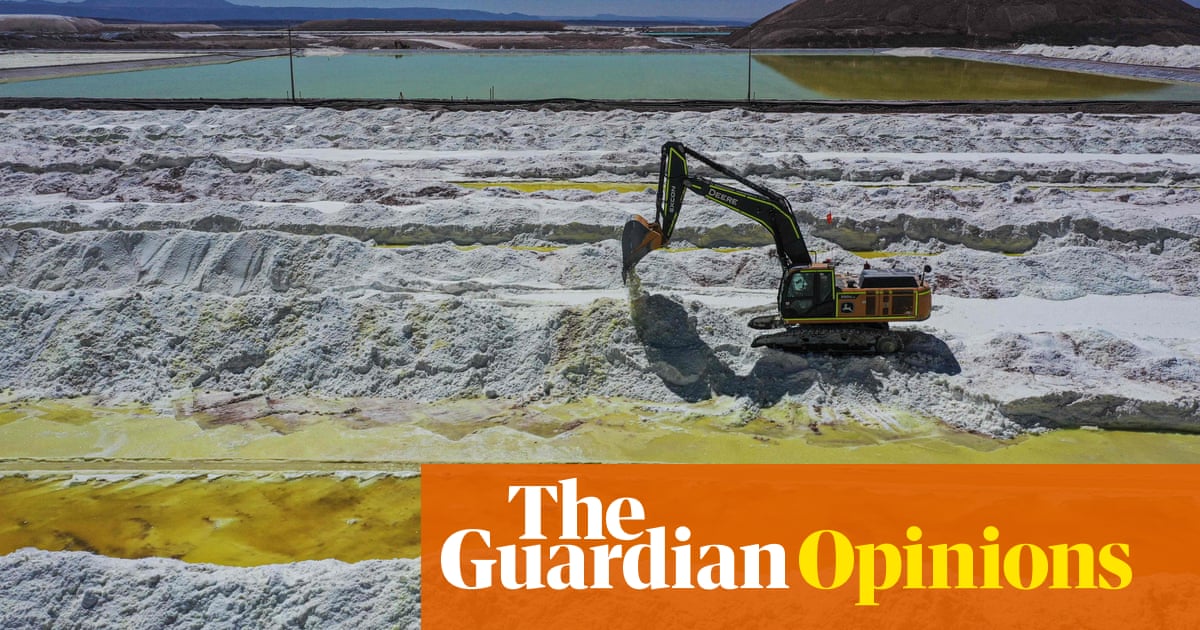Despite its name, the infrastructure used by the “cloud” accounts for more global greenhouse emissions than commercial flights. In 2018, for instance, the 5bn YouTube hits for the viral song Despacito used the same amount of energy it would take to heat 40,000 US homes annually.
Large language models such as ChatGPT are some of the most energy-guzzling technologies of all. Research suggests, for instance, that about 700,000 litres of water could have been used to cool the machines that trained ChatGPT-3 at Microsoft’s data facilities.
Additionally, as these companies aim to reduce their reliance on fossil fuels, they may opt to base their datacentres in regions with cheaper electricity, such as the southern US, potentially exacerbating water consumption issues in drier parts of the world.
Furthermore, while minerals such as lithium and cobalt are most commonly associated with batteries in the motor sector, they are also crucial for the batteries used in datacentres. The extraction process often involves significant water usage and can lead to pollution, undermining water security. The extraction of these minerals are also often linked to human rights violations and poor labour standards. Trying to achieve one climate goal of limiting our dependence on fossil fuels can compromise another goal, of ensuring everyone has a safe and accessible water supply.
Moreover, when significant energy resources are allocated to tech-related endeavours, it can lead to energy shortages for essential needs such as residential power supply. Recent data from the UK shows that the country’s outdated electricity network is holding back affordable housing projects.
In other words, policy needs to be designed not to pick sectors or technologies as “winners”, but to pick the willing by providing support that is conditional on companies moving in the right direction. Making disclosure of environmental practices and impacts a condition for government support could ensure greater transparency and accountability.



If someone wants to pay that much for energy and it’s priced at a level that makes it sustainable, who are we to say it’s not worth it?
The main argument I’ve seen against higher prices for things energy and water is that it would place an undue burden on low-income people, but that’s one of the many problems that could be eliminated in its entirety by a universal basic income program. Even if it’s just a bare-bones program that only covers the cost of an average person’s water and energy needs, such a system would give everyone an incentive to conserve when possible, and it would do it without burdening people who can’t afford it.
deleted by creator
Hmm, that makes me think we could adopt a tiered pricing system for things like water. The first 100 gallons are priced at 10 cents each, then usage beyond that goes up to 50 cents each?
You could tweak the rates & threshold to make more sense – I don’t know water rates off the top of my head, and that probably varies by orders of magnitude across the entire U.S. Also, I have no idea what water usage rates look like for different types of properties. A sports stadium, an office building, an aluminum processing plant, and a SFH with a rain garden will all have really different water usage details.
All this is kind of hinting at a broader “environmental impact” measure. That gets super complicated, though.